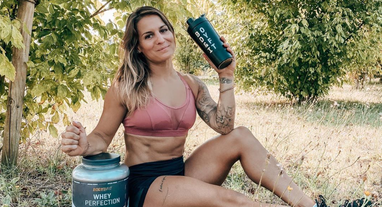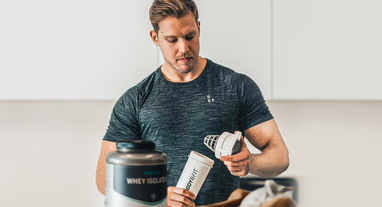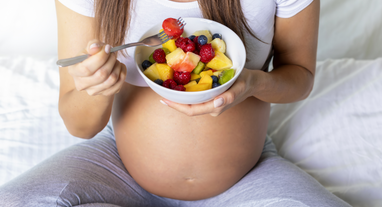VEGANISM: INSIGHTS, FACTS & SUPPLEMENTS
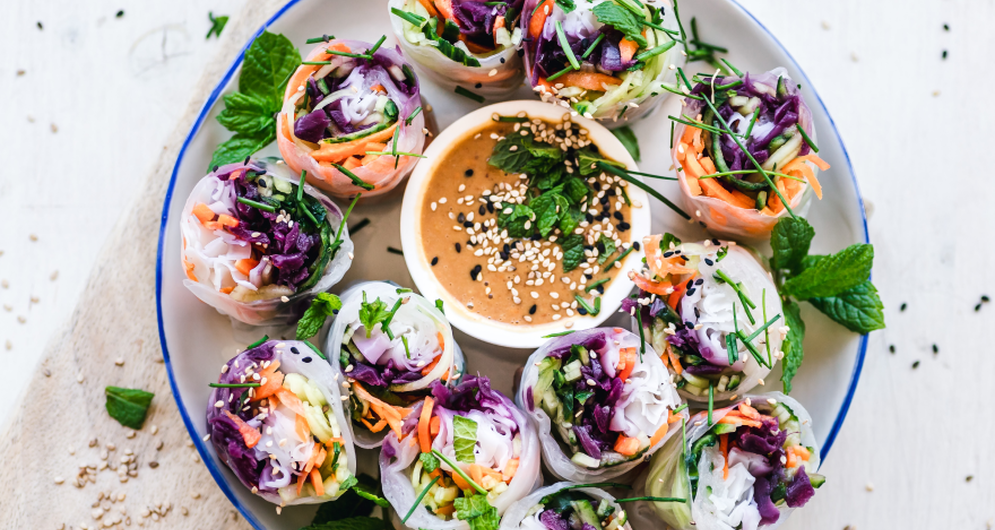
Veganism is a new way of life for many. It is seen to be fitter, healthier, and better for you than what has been (at least in the western world’s) more usual meat and dairy farming ways. Many people are switching to veganism for ethical, environmental or health reasons. In the UK, for example, vegan diets quadrupled between 2014 and 2019. And there has been a lot of research into why people who live in countries that eat less meat and dairy products seem to live longer. There is a place in Japan, around Okinawa, where longevity is the norm; there are many pescatarian centenarians, which means people on a mainly vegetarian (plus fish) diet living to be 100 or older. It does add credence to the saying ‘you are what you eat’. Whether you want to switch to a lifestyle that is a little healthier, or go full on into the vegan trend, we explore some of the insights, facts, and the wide range of supplements and nutrition now available.
We are what we eat.
IS A VEGAN DIET HEALTHIER?
The vegan diet is generally considered to be healthier; it’s higher in fibre and lower in cholesterol, protein, calcium and salt than an omnivorous diet. Yet there are still misconceptions and concerns around cutting meat, fish, eggs and dairy completely from our diets. There was a recent study of 48,000 people over 18 years that looked into the health of meat-eaters, pescatarians – who eat fish and dairy but not meat – and vegetarians, including some vegans. It was a comparative study. They found that people who eat vegan and vegetarian diets have a lower risk of heart disease, but a higher risk of stroke, possibly partly due to a lack of a vitamin called B12.
HOW DO VEGANS GET VITAMIN B12?
B12 is a water-soluble nutrient that’s necessary for normal functioning of many crucial processes within the human body. It also helps prevent nerve damage. It has been shown that since this is a vitamin found in meat, fish, eggs and dairy but not in fruit and vegetables, vegans should consider supplementing it. It’s recommended by the RDI that anyone above 14 years old should consume 2.8 mcg, and vegans can find it harder to hit this target through food. It’s then recommended they take a supplement. “A B12 deficiency can lead to neurological symptoms such as numbness, and it’s irreversible if the deficiency is present for too long,” says Janet Cade, of the Nutritional Epidemiology Group, School of Food Science and Nutrition.
Luckily, we do some good all-round vegan vitamin and mineral supplements, or you can try a supplement for B12 alone.
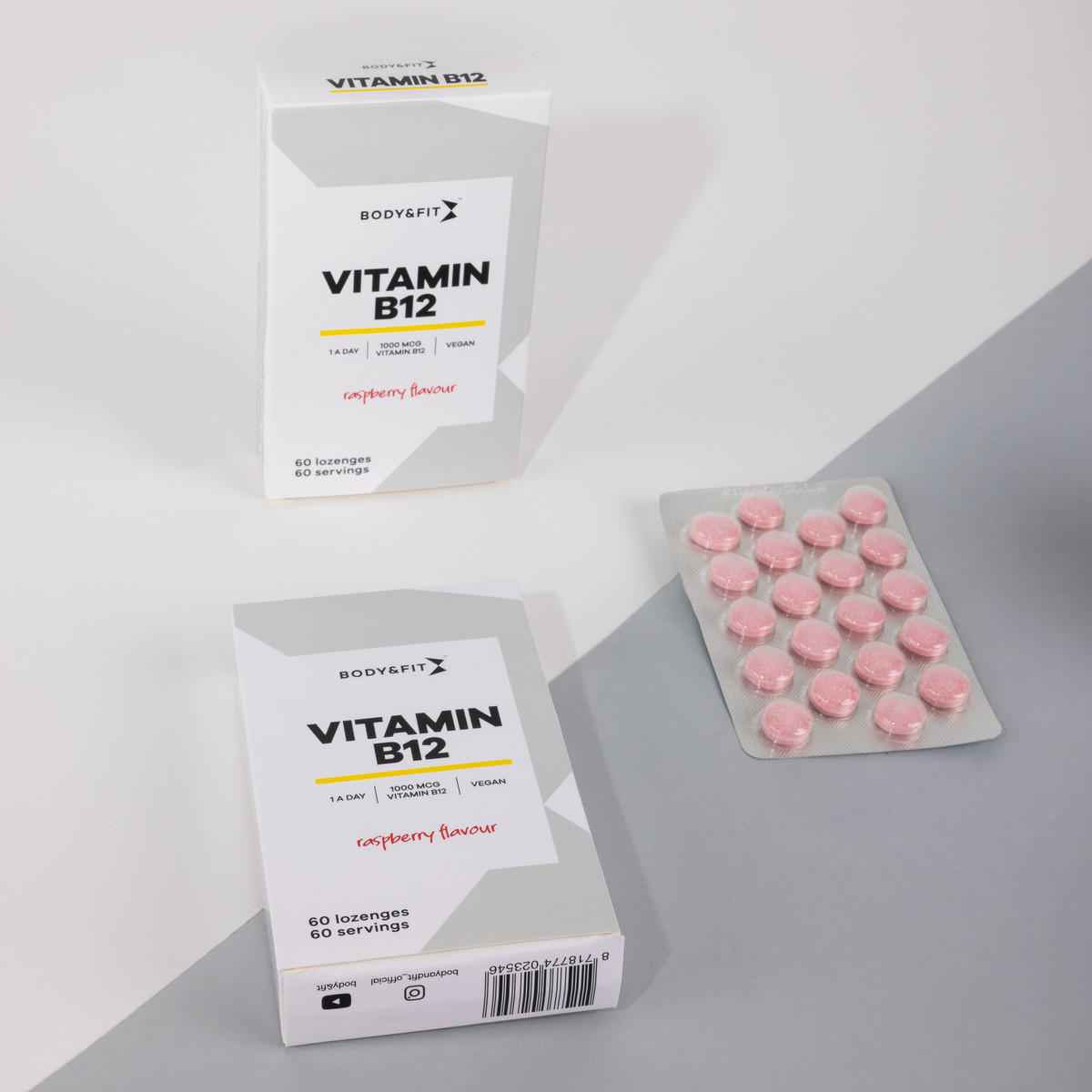
CAN I EAT NUTRITIONALLY COMPLETE MEALS AS A VEGAN?
Eating nutritionally complete meals as a vegan can require some planning, especially at the beginning.
A common misconception that we often hear is that vegan food is not complete, that something is missing. Eating nutritionally balanced vegan meals just takes some new habits and planning, especially at first, but it’s completely possible to eat balanced, whole, and healthy on a vegan diet.
There are also different kinds of vegan diets:
-
Those who favor plant-based foods
-
Those who rely on raw plant-based foods
-
Vegan junk food diets
Your choice will depend on what prompted you to go vegan, but also on the foods you prefer. Of course, the least processed options will be the best for your health. Cooking your vegetables and preparing your meals is much healthier than buying processed vegan food. Indeed, the latter often contain lipids, carbohydrates and/or added sugars to give them more taste (check out this article for the lowdown on popular vegan diets). We should add that planning your meals at the beginning of the week, in order to prepare vegan and tasty meals, will help you to obtain all the necessary nutrients. If you run out of ideas, check out our delicious vegan recipes.
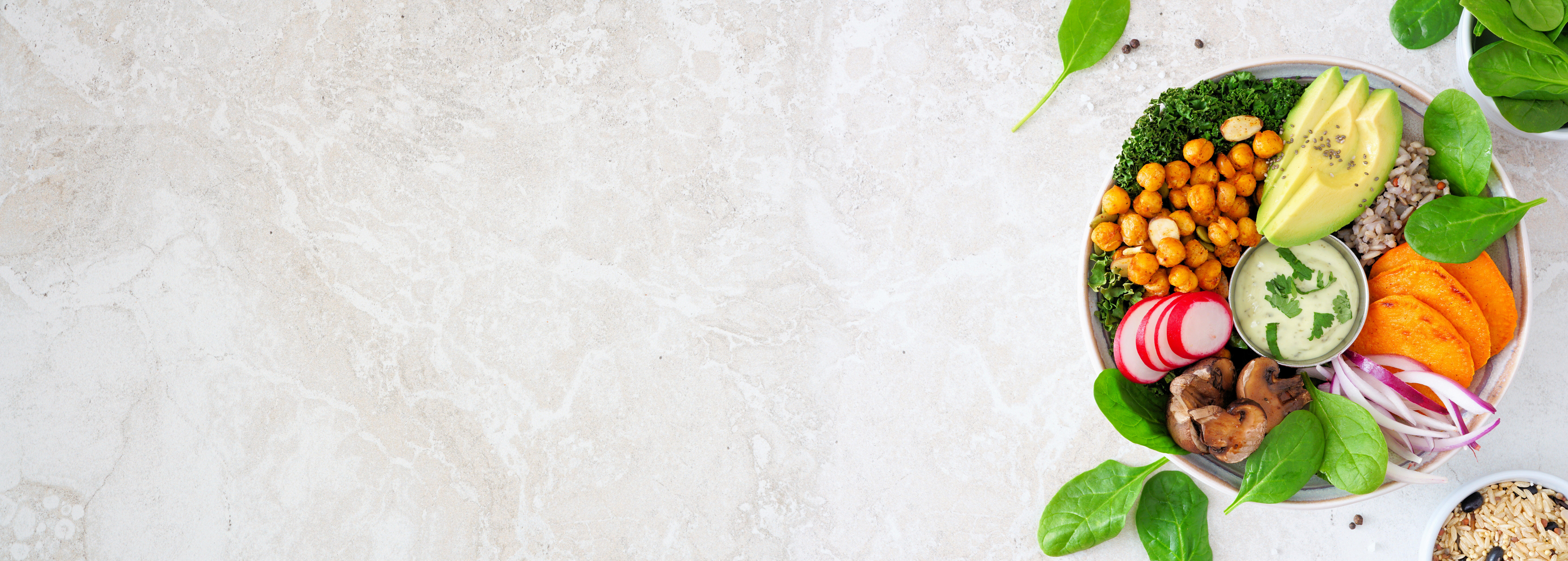
WHAT IS A ‘COMPLETE’ PROTEIN AND HOW CAN I AS A VEGAN GET IT?
A complete protein (or whole protein) is a protein food source that contains an adequate proportion of each of the nine essential amino acids necessary in the human diet. It gives your body the building blocks required for its bodily processes and tissue synthesis. Most plant proteins aren’t considered complete proteins; this means that they don’t contain optimal levels of all the essential amino acids your body needs. Many key plant proteins are low in isoleucine and lysine, for example. However, by eating a few different types of plant-based foods you’re still getting what you need and creating a complete amino acid profile naturally - peanut butter on wholewheat toast combines peanut protein and wholewheat protein. Soy protein, like this organic Soy Protein version, is popular as soy is an exception. It contains all the essential amino acids the body needs. And our Soy Protein Isolate is a great option as well.
AS A VEGAN CAN I BODY BUILD, AND WHAT KIND OF SUPPLEMENTS SHOULD I TAKE?
Yes, there are many very famous vegan bodybuilders, it is totally possible. If you want a good intro, the 2018 The Game Changers documentary is exactly on this subject featuring many famous athletes, bodybuilders and trainers including Arnold Schwarzenegger, James Wilks, and athlete Dotsie Bausch. Most vegan bodybuilders believe that it’s their training habits more than food that gets them the best body shape. They also swear their plant-based meals help them to recover and recuperate quicker and that it gives them the edge over other athletes. It is more important to check your protein and supplement intake as a vegan bodybuilder especially because on a hard training regime anyone (vegan or not) needs to eat the right nutrients. This takes knowledge of plant-based foods, which we go into a little further down in this post. Luckily, there are many great vegan protein supplements to top up with. An example is our Vegan Perfection Special Series that combines pea and rice protein, and the soy versions mentioned in the question above.
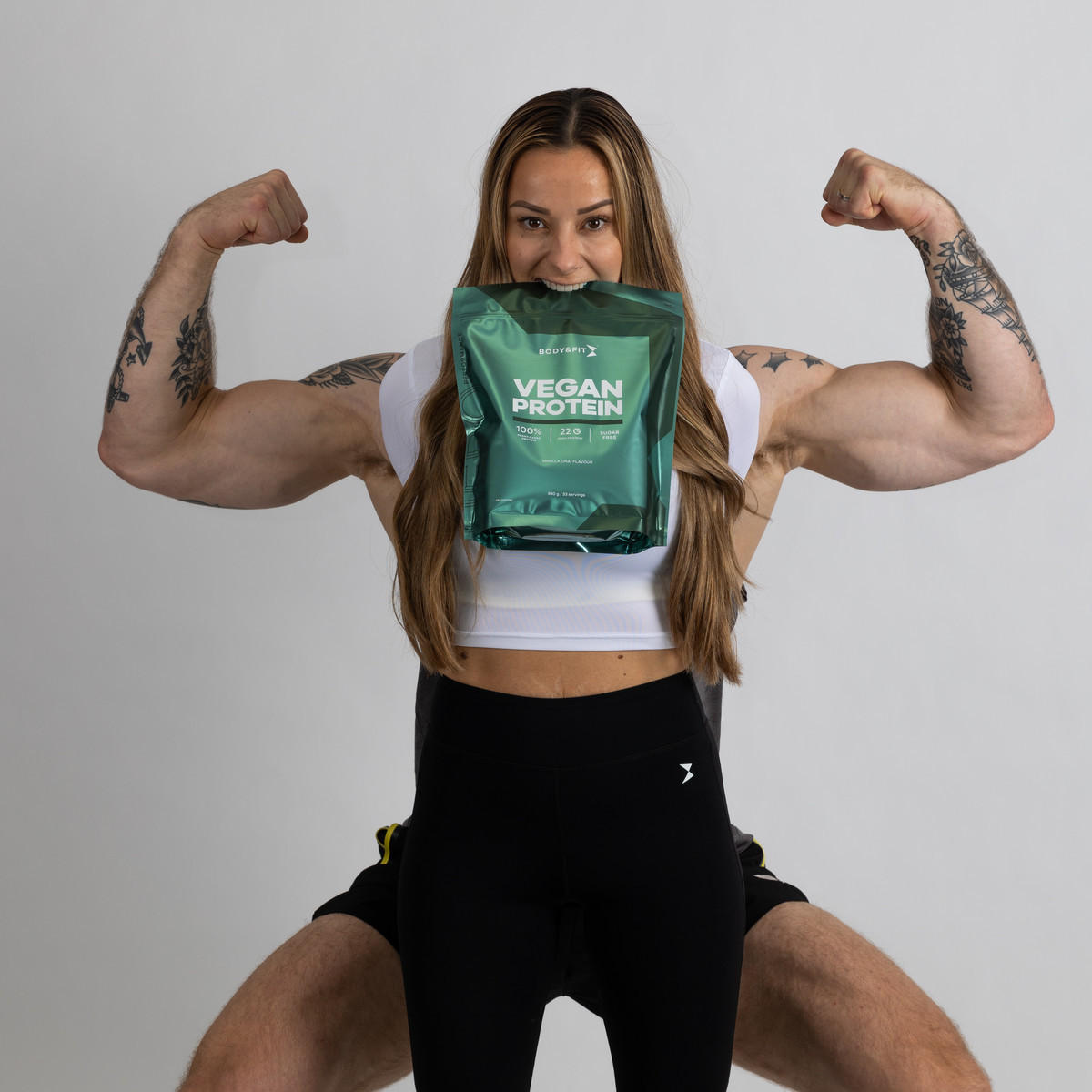
WHAT FOODS SHOULD I EAT AS A VEGAN BODYBUILDER?
It is uber important for vegan bodybuilders, or any vegan training really hard, to get enough protein and also just consume the calories to hit those muscle-gain targets. The RDA recommends 0.8 grams of protein eaten per kg of bodyweight, and vegans need about 30% more due to the harder digestibility of plant-based proteins. Athletes also need more as they’re more muscular. The ratio of different calories eaten at a meal should be similar to non-vegans at 60% coming from carbs, 20% protein, 20% fats for the average fit person. Fats are still important to bulk muscle since they have the highest ratio of calories. These percentages of different food types can be adjusted — if you also want to lose weight, or in particular fat, then carbs and fats can be cut down. There are a few good vegan foods to get your protein calories from:
-
Tofu, tempeh and seitan: These provide a versatile protein-rich alternative to meat, fish, poultry and eggs in many recipes. Soybeans are a great source of protein as they contain all essential amino acids which is rare for plant-based foods.
-
Chickpeas and beans: chickpea, kidney, black, pinto and most other varieties of beans contain high amounts of protein per serving at around 15 g of protein per cooked cup (240 ml). They are great sources of complex carbs, fibre, folate, iron, potassium and phosphorus.
-
Legumes: foods such as peas, lentils, beans and peas are excellent sources of many nutritional plant compounds. Sprouting, fermenting and cooking them the right way (not over-cooking) helps keep their nutrient value. At 18 g per cooked cup (240 ml), lentils are a great source of cooked protein. They also contain great amounts of slowly digestible carbs, and that same cup’s worth gives you 50% of your recommended daily fibre intake. Peas are green goodies more often served on the side of main meals. But they contain 9 g of protein per cooked cup (240 ml). A serving size has more than 25% of your daily fibre, vitamin A, C, K, thiamine, folate and manganese requirements.
-
Nuts and nut butters: are good sources of fibre, iron, magnesium, zinc, selenium and vitamin E. Go for unroasted, unblanched varieties. These are all also concentrated in protein. How much depends on your nut of choice, almonds for example are 28 g per cup (240 ml).
-
Seeds: especially hemp, chia and flaxseeds, contain a good amount of protein and beneficial omega-3 fatty acids. Plants contain mostly ALA omega-3 fatty acids. To supplement EPA and DHA omega-3 fatty acids as well, try our Vegan Omega-3 supplement, made from algae oil. These specific omega-3 fatty acids are predominantly found in fish who get it from eating algae. Through taking it from the algae directly, a vegan Omega-3 oil version is created.
-
Calcium-fortified plant milks and yogurts: these help vegans achieve their recommended dietary calcium intakes. Go for options fortified with vitamins B12 and D whenever possible.
-
Algae: spirulina and chlorella are good sources of complete protein. Other varieties are great sources of iodine.
-
Wholegrains and (pseudo)cereals: spelt, teff, quinoa and amaranth are especially high-protein options. They will provide around 10–11 g of protein per cooked cup (240 ml), making them higher in protein than other ancient grains. They also are excellent sources of other nutrients like B vitamins, zinc and selenium.
-
Nutritional yeast: this is a good way to increase the protein content of vegan dishes slightly and it adds an interesting cheesy flavour. Pick vitamin B12-fortified varieties whenever possible. It provides the body with 14 g of protein and 7 g of fibre per 28 g.
-
Sprouted and fermented plant foods: kombucha, ezekiel bread, sauerkraut, miso, natto, pickles, and kimchi often contain probiotics and vitamin K2. Sprouting and fermenting can also help the body improve mineral absorption.
-
Fruits and vegetables: leafy greens such as kale, bok choy, watercress, spinach and mustard greens are particularly high in iron and calcium. They all have different nutritional values so eat a variety to be sure of maximum effect.
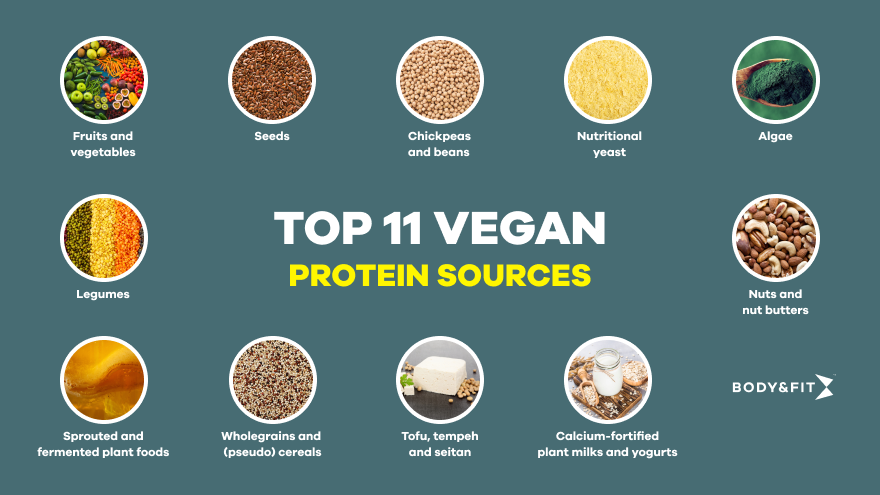
HOW CAN I GAIN MUSCLE ON A VEGAN DIET?
There are many myths that building muscle mass is a challenge on a vegan diet. As long as you choose the right type of protein, consume enough of it, and train the right way it’s easy to build serious muscle (or hit any other fitness goal). It’s also important to eat a variety of protein-rich, plant-based foods. You can read some of the other questions we answer for more details on this.
WHAT IS A GOOD VEGAN PROTEIN SUPPLEMENT?
Definitely opt for a brand that mixes different types of proteins and contains complete proteins so you can get the most amount of different amino acids into your body. Examples are the Body&Fit Vegan Perfection Special Series which combines pea protein and rice protein resulting in a 75% protein blend, or Sunwarrior’s Classic Plus. The latter is a 72% protein blend made from a variety of plant based protein sources including pea, brown rice, quinoa and chia seed protein. As opposed to most other plant based protein sources, soy protein alone has a complete amino acid profile. Therefore, our Body&Fit Soy Protein Isolate is a great option too, with a whopping 85% protein content. We also offer multiple single-source plant based protein powders, for you to create your own blend. These include Rice Protein, Hemp Protein, and Pea Protein. There are so many great vegan protein alternative supplements on the market today, and on our site there are many different products to browse that have great levels of vegan protein in them. Even a vegan protein bar grabbed in-between a workout session can really help.
WHEN IS THE BEST TIME TO TAKE MY VEGAN PROTEIN SUPPLEMENT?
Take or drink your protein at the right time for you: you can experiment with how it makes you feel and with your gains. Take it right before a workout - a great new booster to the market is this Plant Pre-workout option. Or the usual protein shake within a couple of hours of working out gives your body the best chance to build, repair, and strengthen muscle tissue. If you’re looking for a great refreshing in-between drink you will love our Juicy Vegan Protein. When adding water to this powder based on hydrolysed pea protein, it won’t result in a milkshake-like consistency you might know from our other protein powders. Instead, you’ll get a lemonade-style drink with 10 g protein along the way.
IS VEGAN PLANT PROTEIN AS GOOD AS WHEY PROTEIN?
It is definitely useful to arm yourself with some knowledge in order to choose the protein and powder that works best for your training goals. Animal-based proteins such as whey isolate have a higher biological value than plant-based proteins, which means they contain complete amino acids, all the basis of the protein your body needs. Whey protein in particular contains a really important amino acid — leucine.
However, just like whey proteins, plant proteins are considered to help to boost energy production at a cellular level and provide vital support for protein synthesis. They will still deliver key amino acids that help your cells produce energy, giving you that burst needed to keep working out or to help repair muscle tissue afterwards. You can read our question above on complete plant proteins for more info. New research has also shown that brown rice protein, in particular, is just as good as whey protein in supporting post-workout muscle growth. It’s additionally easy to create the complete amino acid profile from mixing vegan supplements, or use a soy-based supplement. We advise doing your research properly on the pack to choose a powder or shake that fits in with your meals, lifestyle and training goals. Good luck and enjoy your plant-powered training.


